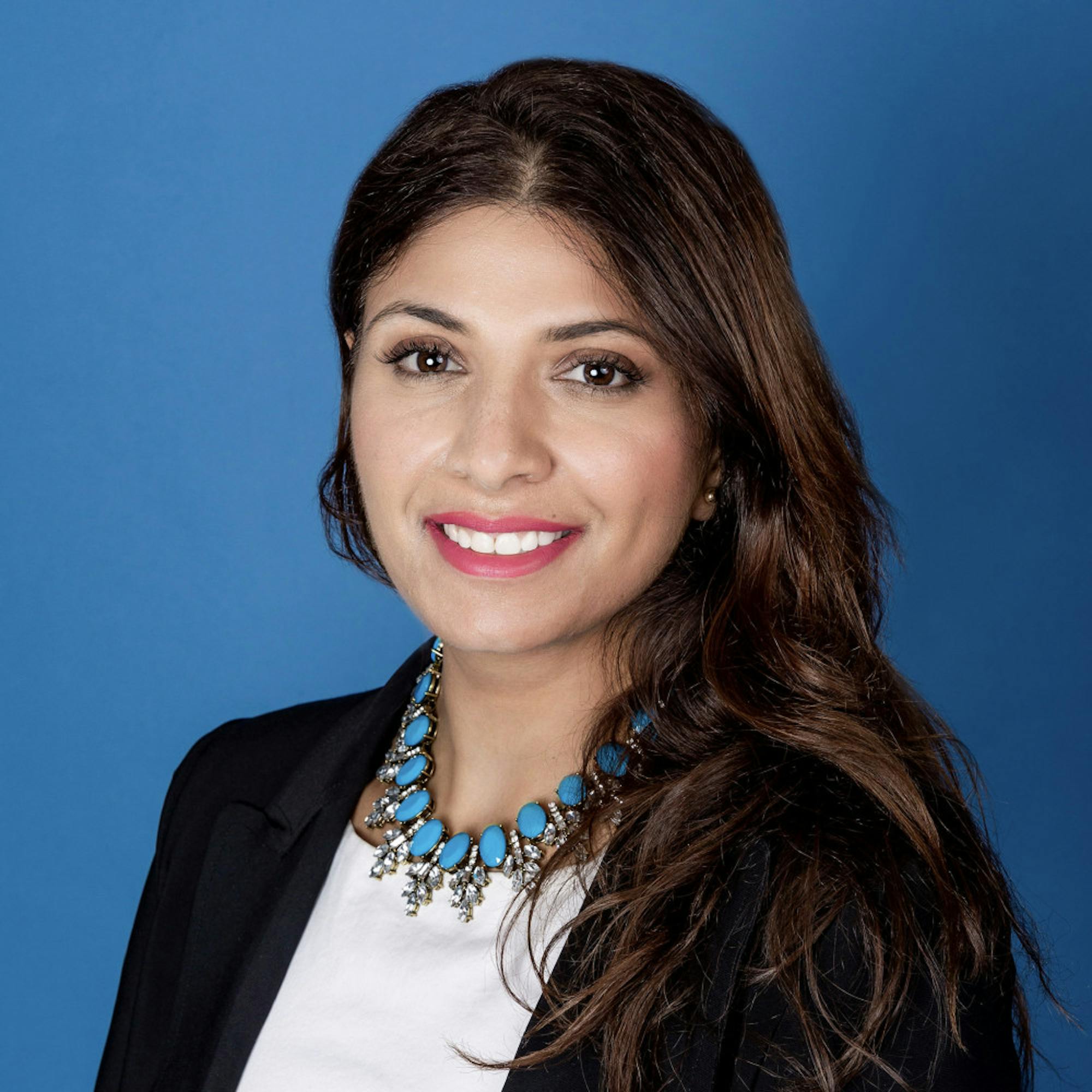Ghenwa Hakim, associate director of the Tufts International Center, stepped down from her position to pursue a career in immigration law earlier this month.
Hakim worked at Tufts for 10 years, holding positions in both the Tufts University School of Medicine and undergraduate programs. She assumed her role at the International Center in 2018, and supported Tufts’ international students and staff with immigration advice during her three years in the position.
She has since begun a new role as an immigration attorney at the Boston-based law firmRoss Silverman Snyder Tietjen LLP, better known as RSST Law Group. According to its website, the firm handles a range of employment- and family-based immigration matters.
Additionally, RSST possesses many accolades, most notably recognition by U.S. News & World Report as a first-tier law firm in Boston. Heidi Snyder and Rhonda Tietjen, partners at the firm, were also named on the Best Lawyers in America list.
"I'm doing exclusively business immigration practice for the law firm, and I'm just excited for this new page in my career," Hakim said. "I wasn't practicing as an attorney at Tufts. And so this is kind of the next step into getting a stronger foothold in the legal world, and progressing my career path."
Hakim spoke about how working for Tufts has prepared her for her new role.
"At Tufts I had the opportunity to work with many different departments, many different people, and I had a lot of exposure working with students, faculty and staff," Hakim said. "Being able to see each perspective uniquely is something that is extremely valuable, not just generally in the immigration or legal network, but also specifically in the type of work I do now in business immigration law."
During Hakim's time at Tufts, the university's various immigration centers housed in different schools merged into one International Center.Diana Chigas, senior international officer and associate provost at Tufts, commented on how Hakim was able to work through this merger and simultaneously handle the stress of the 2017 travel ban, which banned travelers from seven predominately Muslim countries.
"[Hakim] was really helpful in just thinking about how we were going to combine all of these [centers and what] the new structure [was] going to be," Chigas said. "She was really, really important in helping us deal with the travel ban and pulling together information."
According to Chigas, Hakim was a reliable and knowledgeable colleague who worked well under pressure.
"She was the one helping to hold it together and pull the team together because there were people who hadn't worked together very much," Chigas said. "She was really a go-to person because she's so knowledgeable on several tough immigration issues, so people would go to her and she was always really helpful."
Chigas shared how she believes Hakim's experience and work ethic will transfer over to her new position.
"I think her expertise on work visas will translate really well [at her new job]," Chigas said, adding, "She's just a super thorough and dedicated person, and even on her last day, she didn't take a vacation day so she could get things done."
Although she is stepping down from her role at the International Center, Hakim will remain an instructor at the School of Medicine, where she will continue teaching a course she has previously taught on global migration and health.
"I really see that course as my passion project," Hakim said. "I'm very interested in [the] global health of migrant groups, and also specifically health care access [for] immigrant groups here in the United States."
Chigas believes it will take time to find a suitable replacement for Hakim at the International Center. She expects that Hakim's role will remain vacant for the fall semester as the center searches for a new associate director.
Chigas reflected on the unique skills Hakim brought to her role and the difficulty of finding a suitable replacement.
"Finding people who can do both, who are really good at the immigration stuff but also really good at helping on the social dimension and the programming — there [are] not a lot of [those] people out there," Chigas said.






